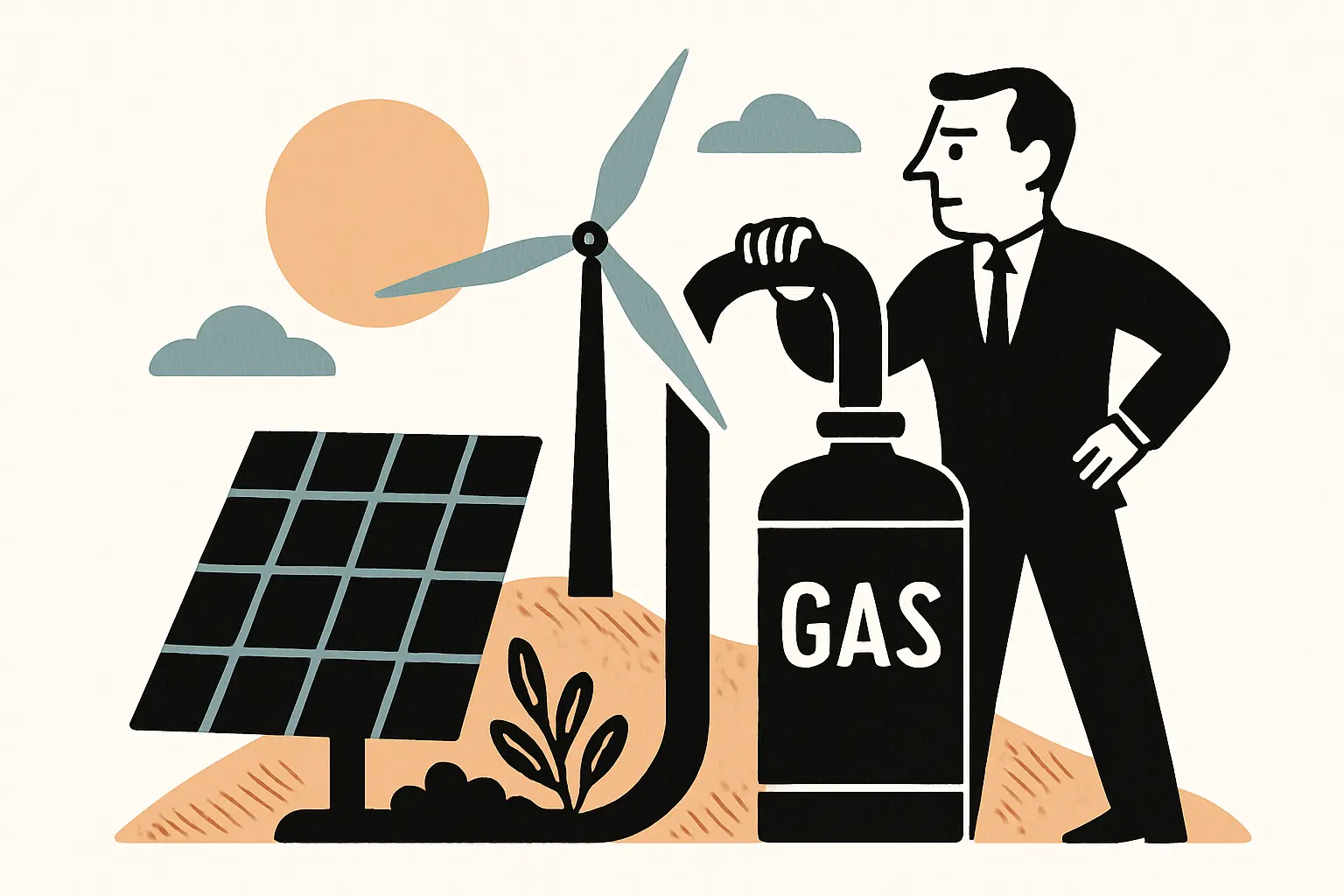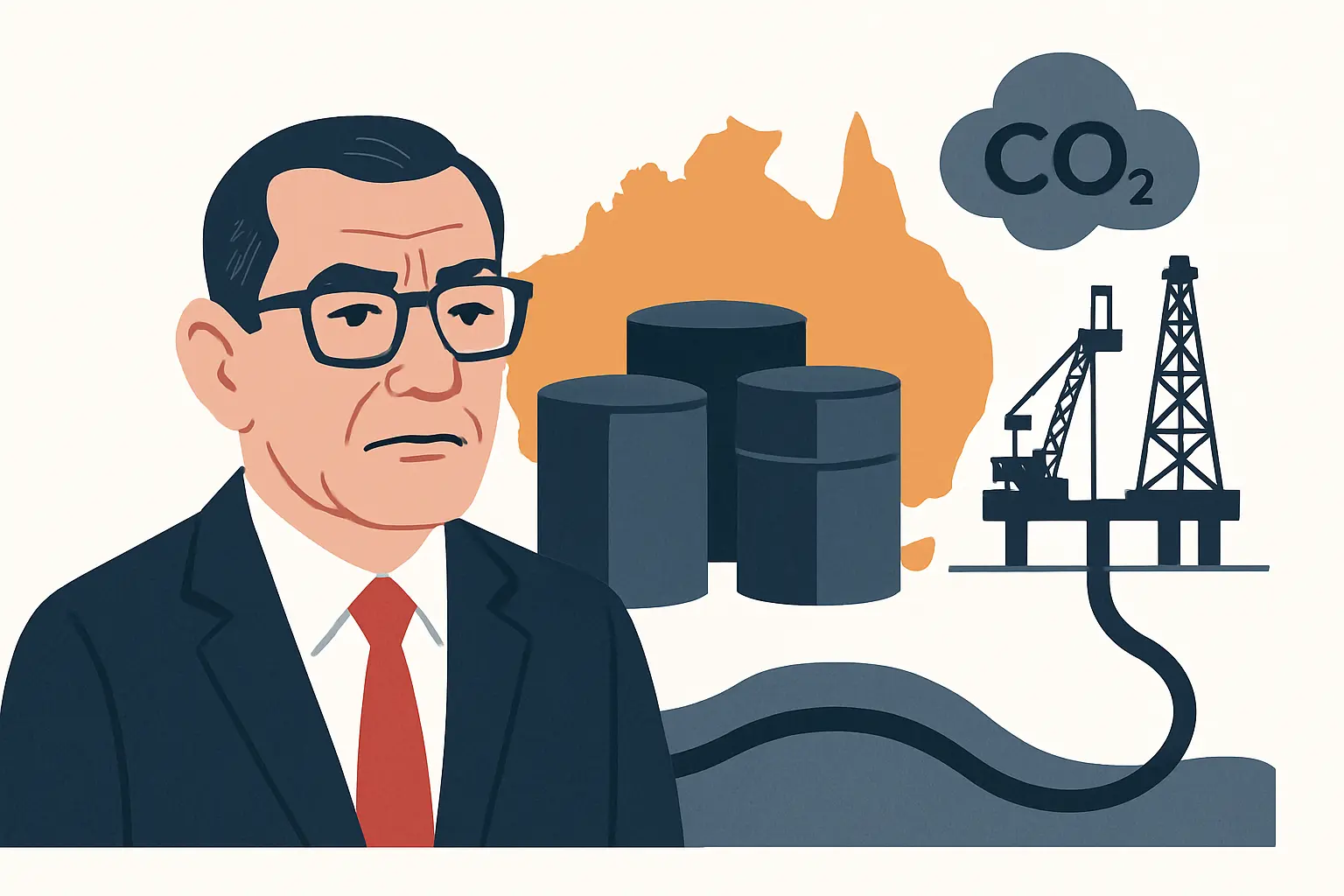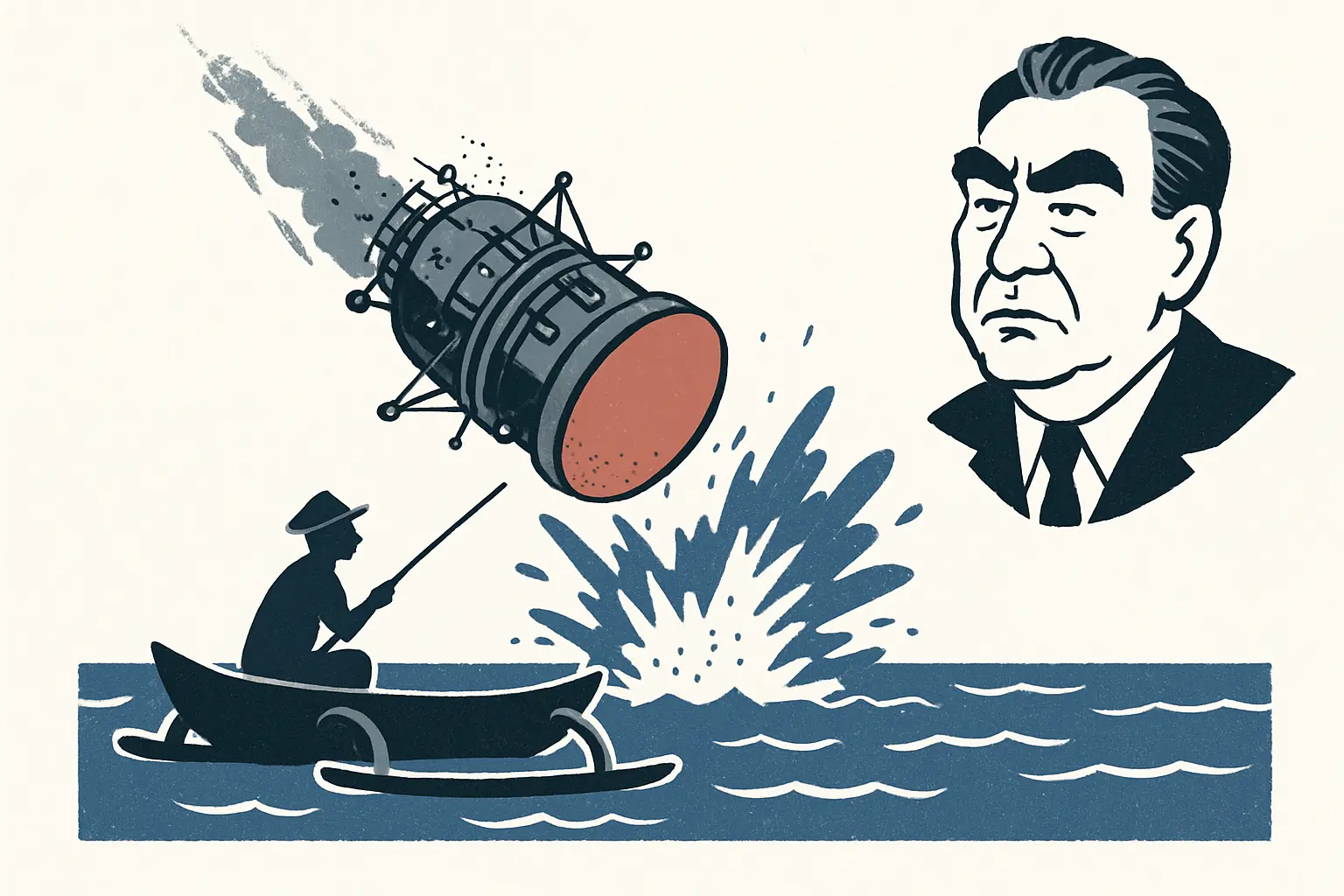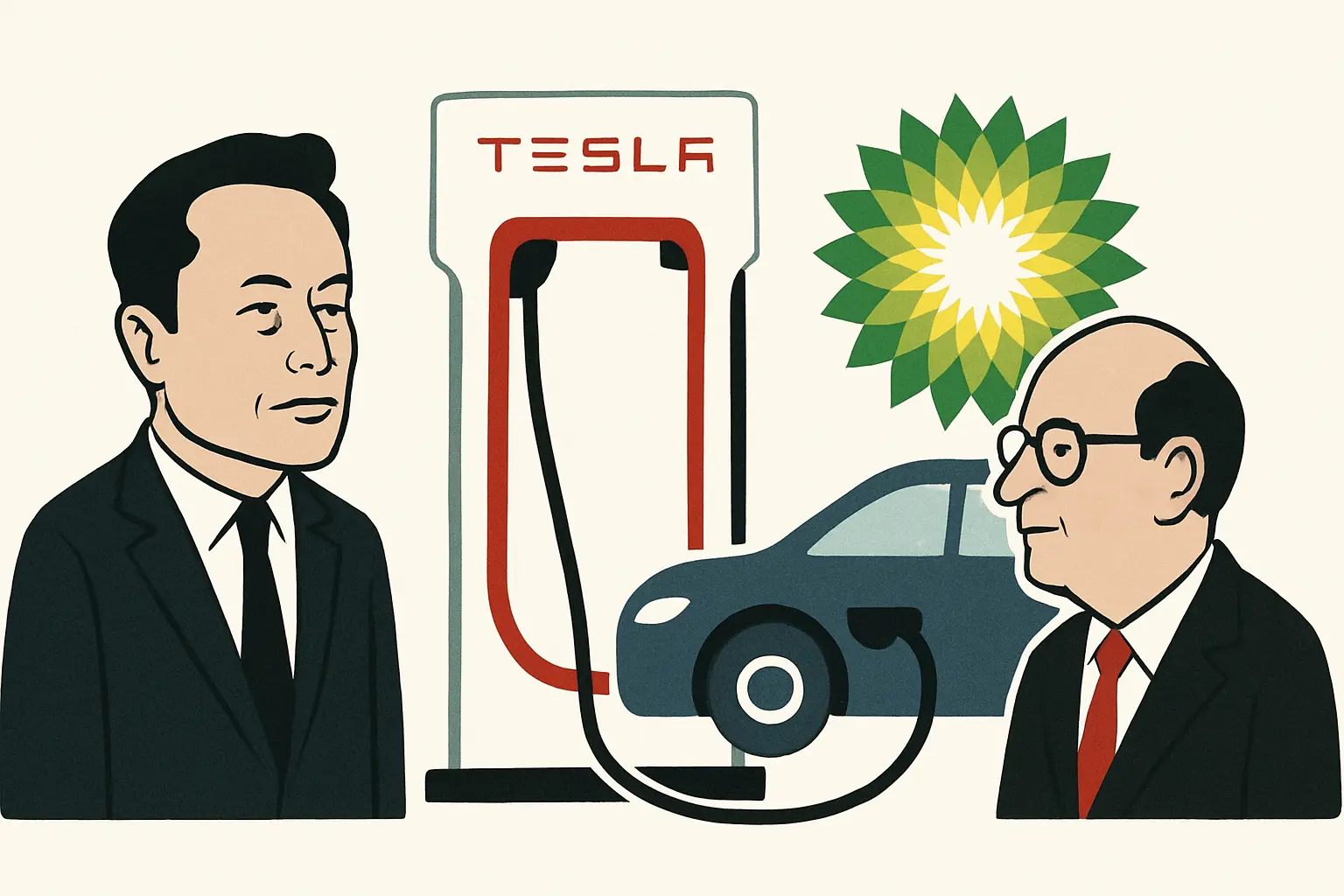Media Headlines & Framing
In Non-Mainstream Media
Context & Background
The imposition of tariffs by the Trump administration is part of a broader strategy to rebalance U.S. trade relations and address perceived unfair trade practices by other countries. This approach involves using tariffs to increase reciprocity in trade, aiming to reduce the U.S. trade deficit and protect domestic industries. The economic impact of these tariffs is multifaceted, with potential benefits for certain industries but also risks of higher consumer prices and reduced economic growth. The issue is contentious, with proponents arguing that tariffs are necessary for economic sovereignty and critics warning of potential drawbacks on trade relations and economic performance.
In This Story
Donald Trump
Donald Trump is the 45th President of the United States. He has been known for his assertive trade policies, aiming to reduce U.S. trade deficits and protect domestic industries. Trump’s use of tariffs is a central aspect of his economic strategy.
International Emergency Economic Powers Act (IEEPA)
The IEEPA allows the U.S. President to declare national emergencies related to international economic transactions, leveraging the authority to impose sanctions and tariffs to address trade imbalances.


















Comments are closed.